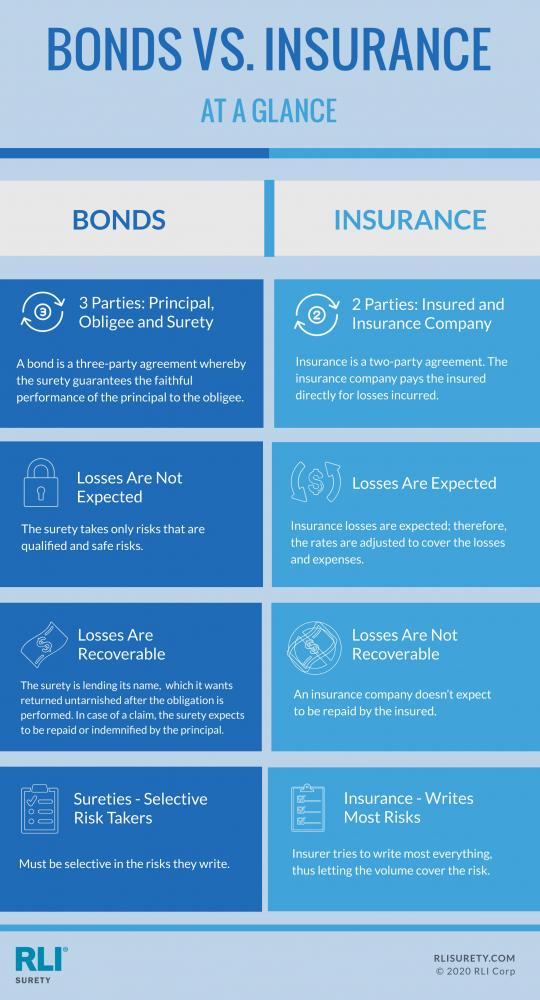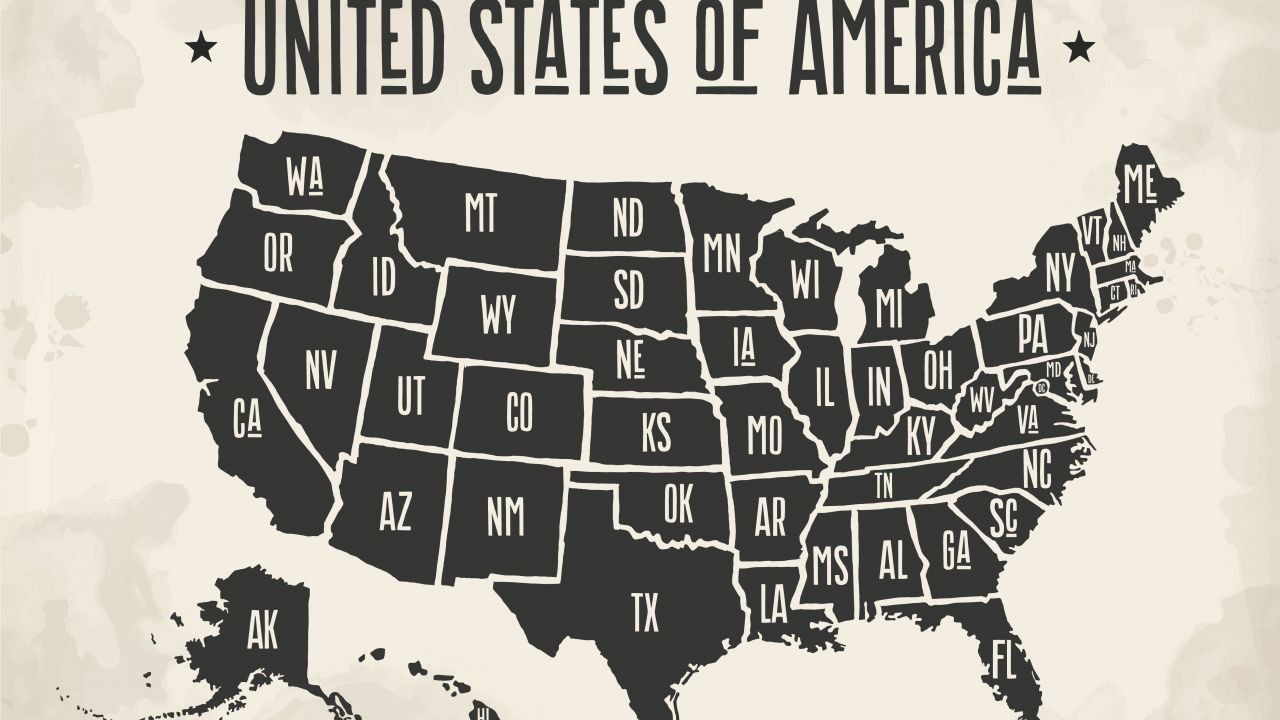An insurance policy is a guanrantee that an insurance company will compensate the insured when a covered loss occurs under the functions of a contract.
A surety bond is a legally binding written contract between three parties which exist of the person doing the work (principal), the person requiring the work (obligee), and the surety company providing the bond (surety). The bond guarantees that the principal will fulfill the terms of the contract within a stated period of time and, if they don’t, the obligee can file a claim against the bond to recover their monetary losses from the surety or demand a satisfactory completion of an obligation.
Surety bonds work to protect the obligee who is contracted with the principal to perform specific work on a project by reimbursing them when a claim occurs. Insurance protects the business owner, home owner, professional, and more from financial loss when a covered claim occurs.
The risk of loss The property-casualty insurance protects the insured's interests in an accidental occurrence of events, such as a fire or a hurricane, or the occurrence of a crime such as theft. The risk of loss in surety bonding is the failure of persons or entities to perform obligations they have assumed.











